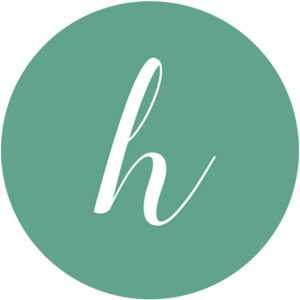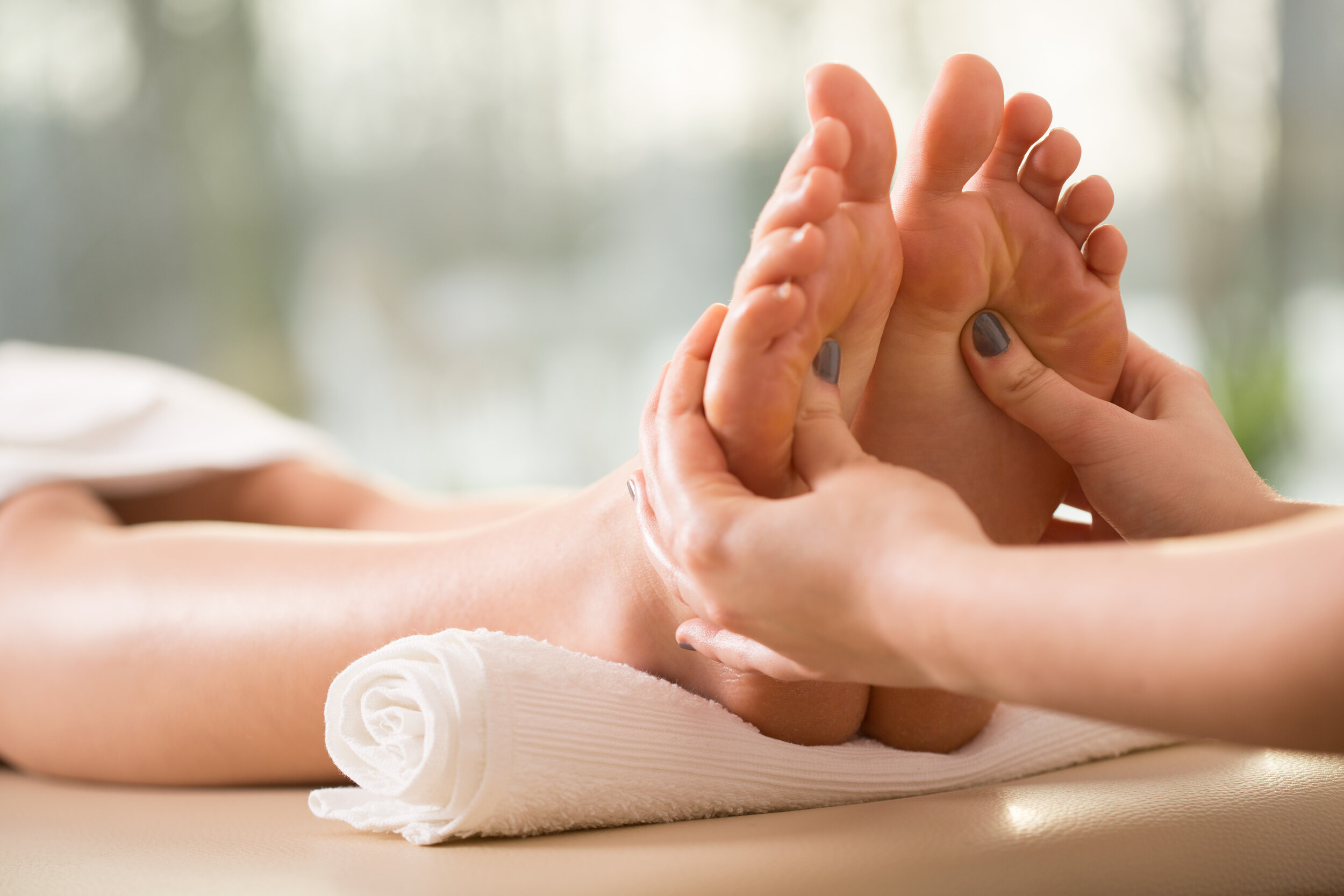The Healing Power of Reflexology - Jacqui Brabin
Jacqui Brabin | Restore Reflexology
Hello, and thanks so much for having me! Katie and Sabine who founded this fabulous new initiative ‘We are Community’ are both clients of mine and have experienced first-hand the healing power of reflexology, so when they asked me to write a guest blog I couldn’t say no!
A bit about me
I haven’t always been passionate about holistic living. Growing up in Australia, reflexology and other holistic therapies just weren’t part of the landscape back then. To be honest, I was oblivious to the mind-body-soul connection and the impact that stress had on my wellbeing. My idea of stress release was a cold glass of Sauvignon Blanc and a techno-banging high impact spin class (probably not in that order)?!
It wasn’t until I moved to Singapore with my husband and children in 2013 that I was properly introduced to reflexology. In Singapore, you don't have to venture far to find a reflexology ‘spa’ or ‘parlour,’ promising to knead your feet into utter submission. From no fuss, no frills reflexology centers using traditional healing methods to ultra-luxe foot spas. Most Singaporeans incorporate reflexology as part of their regular wellbeing practice and wouldn't hesitate to duck out from work at lunchtime for a treatment.
At the time of our move, I was struggling to cope with some stress and anxiety and seeing how popular the treatment was, thought I should try it for myself. During my first treatment I found myself relaxing on a level I hadn’t ever experienced, almost going into a meditative type trance. I emerged from my treatment feeling more grounded and more ‘myself’ than I had in a long time. A long story short, but from that day onwards I was sold on reflexology!
When we moved to London in 2016, I made the decision to enrol in a year-long reflexology diploma at the well-regarded London School of Reflexology. It’s a strange thing to say, but when I sat down in the therapist chair with that first pair of feet in front of me, it felt like the most natural thing in the world. It was as though my stressful career in the financial services industry and personal experiences with trying to cope with stress had led me to this point.
West v East
What I experienced in Singapore was the Traditional Chinese Method of reflexology, quite different to what I practice here in the UK, which is based on the Ingham Method of Reflexology. While there are many similarities when it comes to the location of reflexology points, the actual Chinese reflexology foot massage is usually quite intense. As opposed to the Western style of reflexology which, when the client experiences pain, the reflexologist thankfully eases off!
Traditional Chinese Medicine is based on the principle of energy meridians, which consist of 12 primary channels where energy flows through the body. Although both models work to re-establish homeostasis, or balance, in the body, the focus in Chinese reflexology is not on reflex points, as it is in conventional western reflexology. In very simplistic terms, in Chinese reflexology, the feet are considered the master control points for manipulating the flow of energy along these energy channels.
Western style reflexology, which is what I practice, was introduced by Dr. Fitzgerald, an American who came to work in London at the beginning of the 20th Century. He found that in applying pressure to certain parts of the feet (as well as hands, nose, throat and tongue) he could induce pain relief. On returning to the U.S. in 1909 he wrote a book on ‘Zone Therapy’. Eunice Ingham extended the work of Dr. Fitzgerald by mapping the feet with all the corresponding organs and glands of the body and is she still known as the pioneer of modern reflexology today.
So, how does it work?
Reflexology is a complementary health therapy, based on the theory that different points on the feet, lower leg, hands, face and ears correspond with different areas of the body. When pressure is applied to these areas or ‘reflexes’ it stimulates the movement of energy along the nerve channels, and helps to restore homeostasis in the whole body. This enhances overall relaxation, helps bring internal organs and their systems into a state of optimal functioning, and increases blood supply which brings additional oxygen and nutrients to cells and enhances waste removal. Reflexologists work holistically with their clients and aim to work alongside traditional healthcare, like your GP, to promote better health for their clients.
Myth Busted!!! Reflexology is not a massage. Massage therapy is the manipulation of tissues to relax the muscles, relieve tension, and improve circulation. This can improve overall health and well-being. Reflexology, on the other hand, uses a targeted, pressure-point massage to restore the flow of energy throughout the body.
What are the benefits?
Reflexology does not ‘cure,’ rather it aids the body’s own healing processes. Basically, it helps the body to do what it should have been doing in the first place! When used in conjunction with a holistic approach to health, reflexology can help to reduce stress levels, encourage relaxation, soothe tired feet, reduce pain, improve circulation and enhance overall well-being. Many people also find reflexology useful in helping to reduce stress related conditions such as tension headaches and digestive discomfort.
Since opening my business in 2017, I have seen first-hand the differences reflexology can make in people’s lives. Sometimes these differences are subtle: learning how to relax again for the first time in years; falling asleep during a treatment after being terribly anxious just to walk through the door; not feeling guilty for taking time out. Other differences have been more obvious: menstrual cycles regulating; a client conceiving naturally after two failed rounds of IVF; migraines reducing from weekly occurrences to ‘actually I can’t remember the last time I had one.’
What services do I offer?
I specialise in women’s health, and my clients range in age from adolescence to menopause and beyond. Some of the most common reasons people come and visit me include stress & anxiety, depression, fertility, maternity, menopause, hormonal imbalance, lymphatic drainage and general wellbeing.
Treatments may focus on the feet, hands and face (or any combination of these) depending on what the client’s preference is and what treatment I believe will be more effective.
I have invested heavily in my career, having undertaken extensive training in these fields and am a member of the Association of Reflexologists (AoR), the Association of Reproductive Reflexologists (ARR) and the Complimentary Natural and Healthcare Council (CNHC).
Lockdown treatments
While sadly the treatment room is closed for the time being in line with government regulations I am still offering some virtual appointments including initial Fertility Consultations for those interested in finding out how reflexology could help them on their fertility journey, and also guided Facial reflexology treatments using the Dien Chan Zone method.







